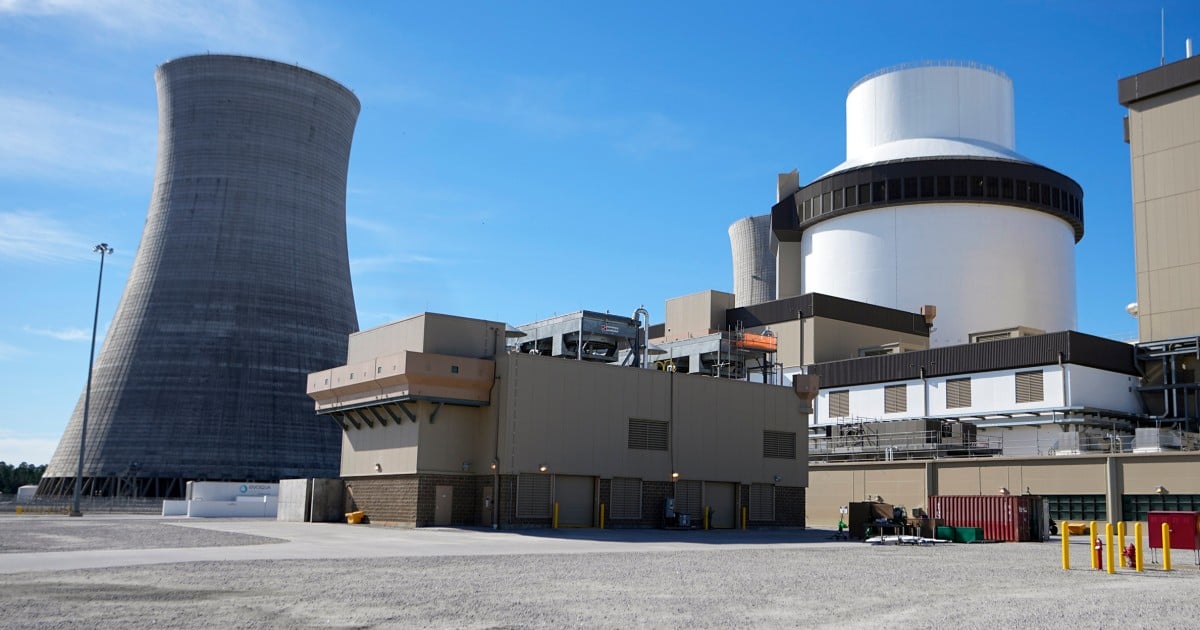- cross-posted to:
- [email protected]
- georgia
- [email protected]
- cross-posted to:
- [email protected]
- georgia
- [email protected]
First U.S. nuclear reactor built from scratch in decades enters commercial operation in Georgia::ATLANTA — A new reactor at a nuclear power plant in Georgia has entered commercial operation, becoming the first new American reactor built from scratch in decades.



This same fear has been enough to fund SLS and Ariane programs. Basically to avoid the loss of a capability in case it’s needed later on. For some reason it doesn’t seem to apply to nuclear. And now people are complaining that building new reactors is expensive, arguably at least partially due to the supply chains no longer existing in the same scale as before.
If loss of expertise were the cause, then there would have been a cost minimum in the late 80s when the maximum number of engineers had 5-15 years of experience.
Instead costs rose for each new reactor (including repeat builds of each model).
This theory has no explanatory power over reality and predicts the opposite of what happened.
Should the delays and subsequent costs overruns then be simply attributed to increased regulatory complexity or corporate greed?
I’m looking at the list of reactors in France, most of the builds during the last millennium were completed in more or less 10 years. Then there was a gap, and the new one is taking way longer than previous ones.
Same thing has happened in many other countries. Including finland, where at first we got 4 reactors in 6-10 years, and then after a gap of 25 years the next reactor was a clusterfuck that took almost 20years to build.
Both of these reactors are of the same design, and the issues are at least partially attributed to the company having forgot how to manage such large projects due to the years long gap in construction.
Part is the neoliberal economic model is really really bad at big projects. Part is the regulations and engineering complexity involved in not having them all shut down because they caught fire or the steam generators corroded (almost every program has “cheap” reactors at the beginning which have massive maintenance issues and leaks 10-30 years later, followed by expensive ones with massive delays). Part is corporate greed. Part is revealing and stopping rampant fraud and finding safety-compromising cost-cutting measures. Part is the lack of pressure from the military to make it happen as there is no longer a need for as much Plutonium. Part is that there actually are some semblance of environmental laws. Part is the fossil fuel industry interfering (as they do with all non-fossil-fuels).